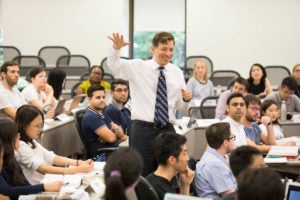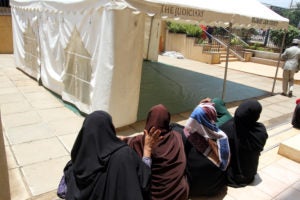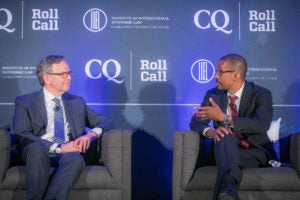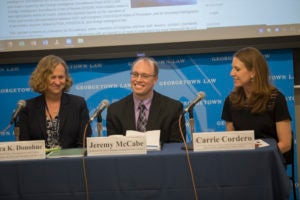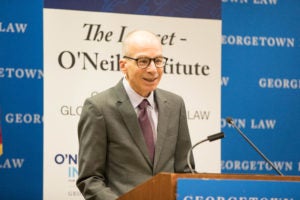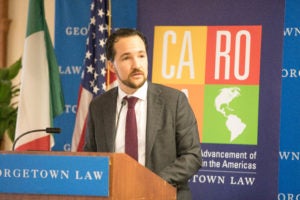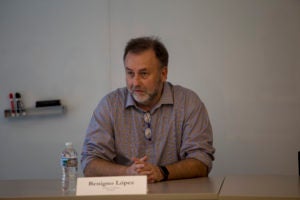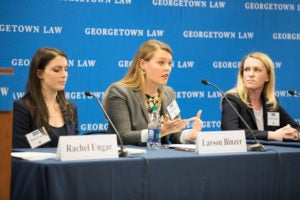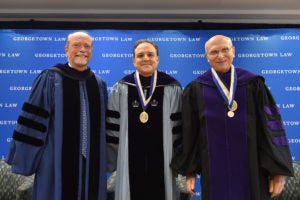
Professor Carlos M. Vázquez Installed as Scott K. Ginsburg Professor of Law
September 25, 2019 Faculty Human Rights & Immigration International & Comparative Law“Human rights law has transformed international law not just in content but also in form,” said Professor Carlos Vazquez, who was installed as Georgetown Law’s second Scott K. Ginsburg Professor of Law on September 18.
